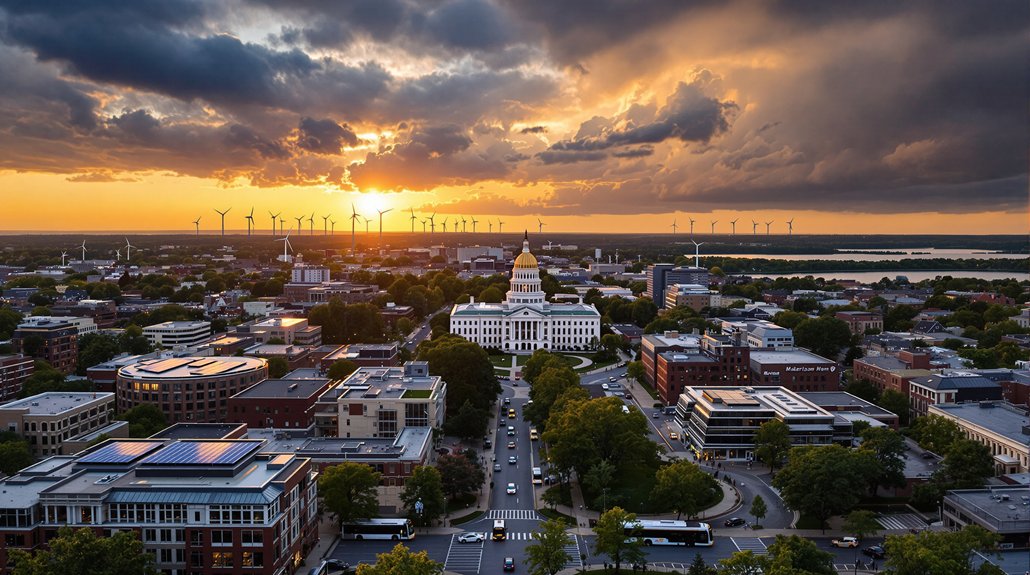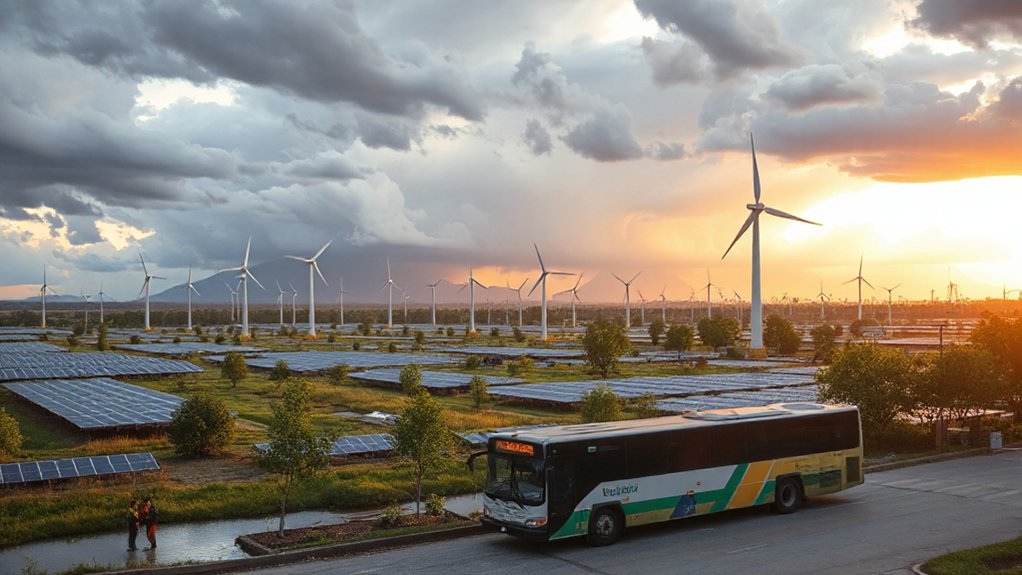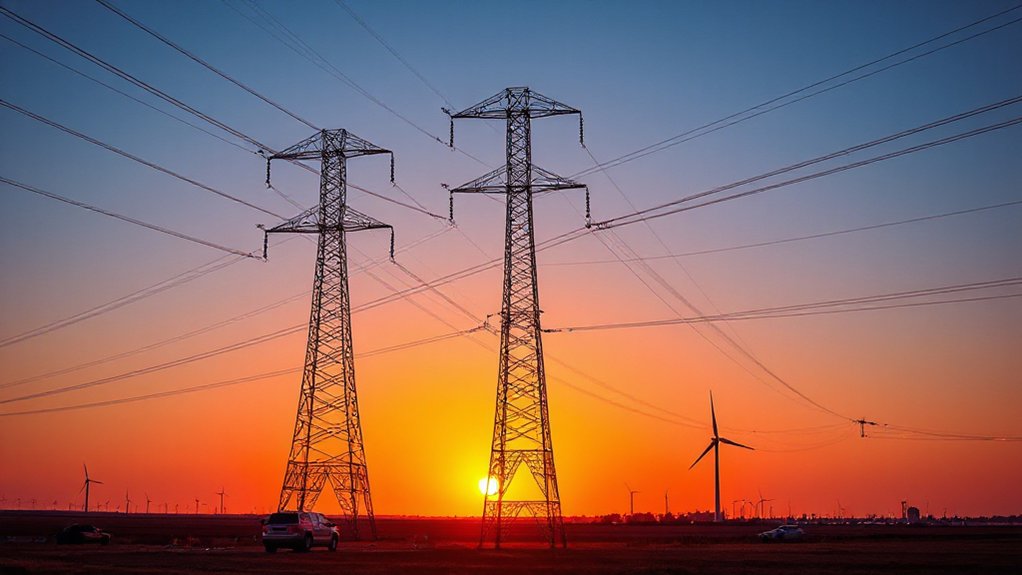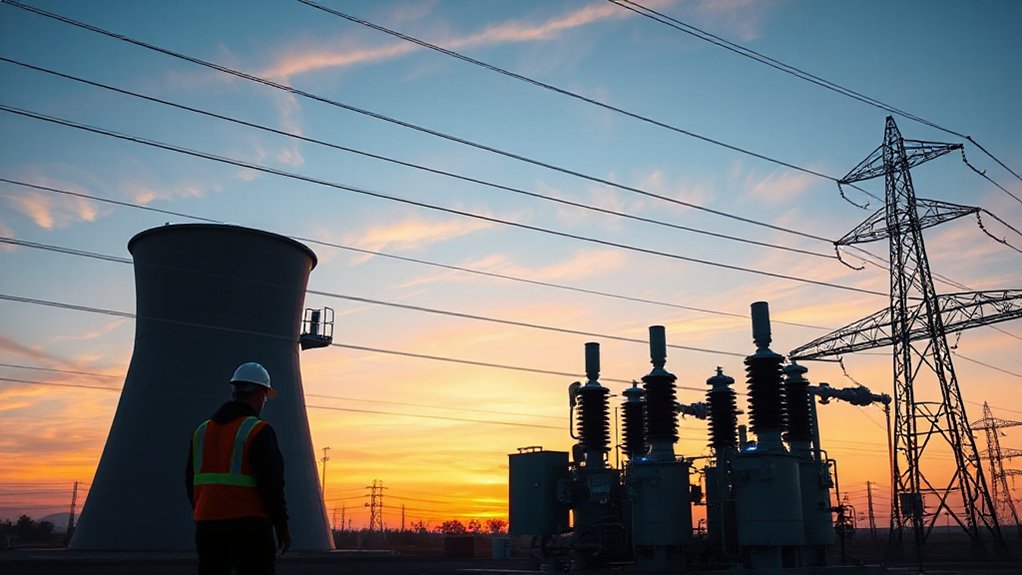Wisconsin cities aren’t waiting for state action on climate change. Communities like Sun Prairie and Beloit are implementing bold plans to reach net-zero emissions by 2050. Sun Prairie will achieve 100% renewable electricity by 2025, saving $40,000 annually. These initiatives could reduce statewide emissions by 122 million metric tons, create 68,000 jobs, and prevent dozens of pollution-related deaths. Local leadership is proving climate action benefits both environment and economy.
Numerous Wisconsin cities are taking bold steps to combat climate change through thorough action plans. From Sun Prairie to Beloit, local governments are setting ambitious targets to reduce greenhouse gas emissions by 2030 and 2050. These municipalities aren’t waiting for state or federal action, choosing instead to lead the way toward a cleaner future.
Sun Prairie has emerged as a climate leader in the state, achieving 100% renewable electricity for city operations in early 2025. This shift to solar, wind, and biogas energy has cut greenhouse gas emissions by 5,358 metric tons. The city has saved $40,000 annually through energy efficiency measures and plans to expand solar capacity to 1.1 MW by 2026. Over 300 homes and businesses have joined the movement by adding solar arrays. The Sun Prairie Public Library recently received the Dane County Climate Champions Award for its sustainable design featuring energy-efficient technologies.
Beloit has partnered with sustainability firm Pale Blue Dot to develop its climate plan. The city is conducting a greenhouse gas inventory and identifying emission sources. Beloit’s approach emphasizes public participation and draws lessons from other Wisconsin cities like Eau Claire and La Crosse.
Wisconsin’s push toward renewable energy includes expanding solar systems, wind farms, and necessary transmission infrastructure. These efforts aim to reduce statewide greenhouse gas emissions by 122 million metric tons by 2050 while creating an estimated 68,000 jobs. The shift is expected to lower energy costs and reduce healthcare expenses by $2-4.4 billion annually. By focusing on clean energy as part of their climate plans, these cities are aligning with global trends where renewable power capacity is expected to increase by over 5,500 GW between 2024 and 2030.
Health benefits are significant, with research suggesting that reaching net zero could prevent 28-63 deaths per million people each year due to improved air quality. However, challenges remain. Delayed investments increase costs and health risks. The shift requires rapid deployment of wind, solar, and storage technologies.
Cities like Wausau, Wauwatosa, and others joining this effort understand that climate action delivers multiple benefits. By addressing climate change locally, these Wisconsin municipalities are not just protecting the environment—they’re creating jobs, improving public health, and building more resilient communities for future generations. Community engagement is considered essential for successful implementation of these climate plans.









